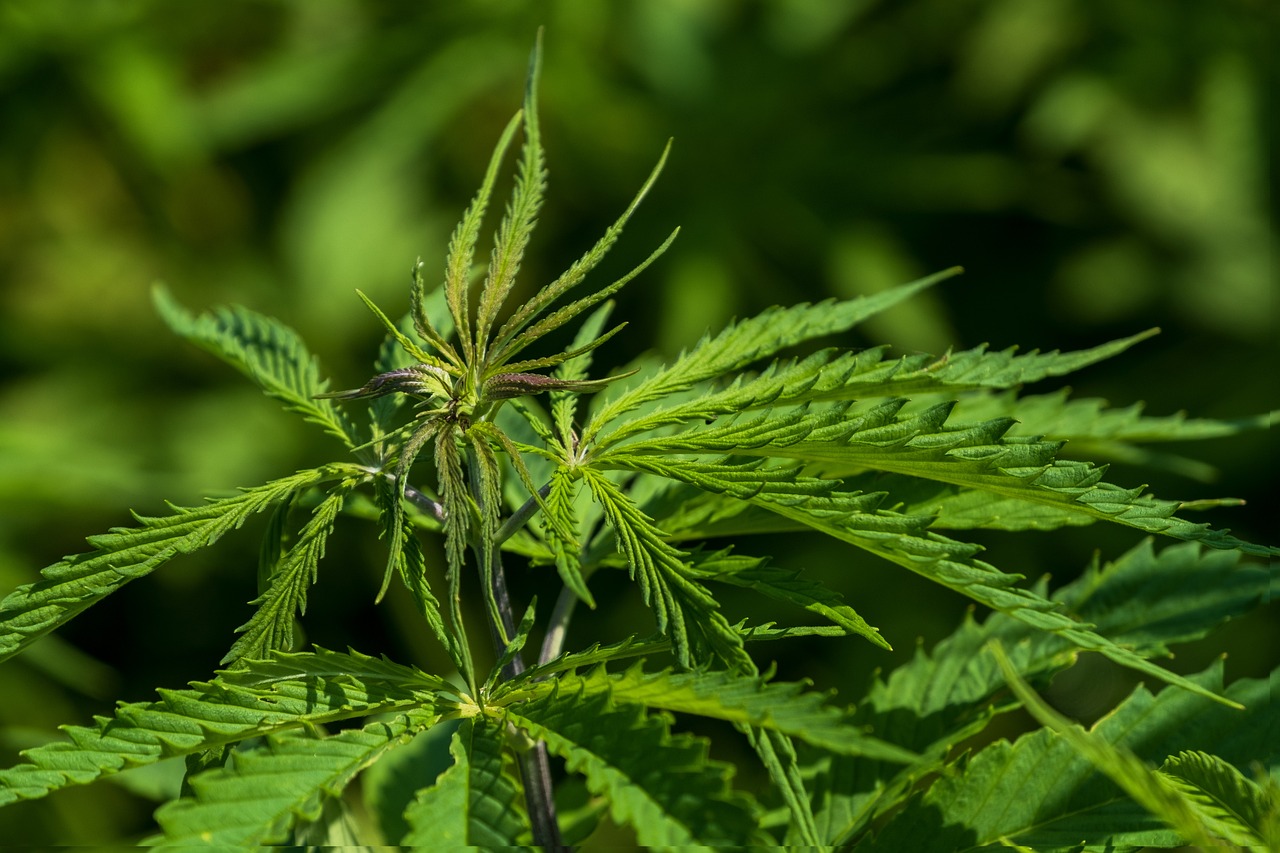In recent years, the cannabis industry has seen a surge in interest and research, leading to a deeper understanding of its various compounds. Among these, THCA and THC stand out due to their unique properties and effects. This article explores the distinctions between THCA flower and THC from https://indacloud.co/, providing insights into their chemical structures, benefits, and uses.
What is THCA?
THCA, or tetrahydrocannabinolic acid, is a non-psychoactive cannabinoid found in raw cannabis plants. It is the precursor to THC, the compound responsible for the psychoactive effects commonly associated with cannabis. THCA is abundant in fresh cannabis and begins to convert into THC when exposed to heat through a process called decarboxylation.
Chemical Structure and Properties
The chemical structure of THCA includes an extra carboxyl group, which is lost during decarboxylation, transforming it into THC. This structural difference is why THCA does not produce the “high” that THC does. THCA is known for its potential anti-inflammatory, neuroprotective, and anti-emetic properties.
Potential Benefits of THCA
- Anti-inflammatory: Research suggests that THCA may help reduce inflammation, making it a potential option for conditions like arthritis.
- Neuroprotective: Some studies indicate that THCA might protect brain cells, offering potential benefits for neurodegenerative diseases.
- Anti-emetic: THCA has shown promise in reducing nausea and vomiting, which could be beneficial for patients undergoing chemotherapy.
Understanding THC
THC, or tetrahydrocannabinol, is the most well-known cannabinoid due to its psychoactive effects. It is the compound that gives cannabis its characteristic “high.” THC is formed when THCA is heated, either through smoking, vaping, or cooking.
Chemical Structure and Effects
Once THCA loses its carboxyl group, it becomes THC, which can bind to cannabinoid receptors in the brain. This interaction is what leads to the psychoactive effects. THC is known for its ability to alter mood, perception, and cognition.
Potential Benefits of THC
- Pain Relief: THC is often used for its analgesic properties, helping to alleviate chronic pain.
- Appetite Stimulation: Known for causing the “munchies,” THC can be beneficial for those with appetite loss due to medical conditions.
- Sleep Aid: Some individuals use THC to help with insomnia and other sleep disorders.
Comparing THCA Flower and THC
While both THCA and THC originate from the same plant, their effects and uses differ significantly. Understanding these differences can help consumers make informed choices based on their needs and preferences.
Consumption Methods
- THCA Flower: Typically consumed raw or in the form of tinctures and capsules. It can be added to smoothies or salads for those seeking its benefits without psychoactive effects.
- THC: Commonly consumed through smoking, vaping, or edibles. These methods involve heating the cannabis to convert THCA into THC.
Legal Considerations
The legal status of THCA and THC varies by region. In many places, THCA is not classified as a controlled substance due to its non-psychoactive nature. However, once it converts to THC, it may fall under stricter regulations. Consumers should be aware of local laws regarding cannabis use.
Case Studies and Research
Several studies have explored the potential benefits of THCA and THC. For instance, a study published in the British Journal of Pharmacology highlighted THCA’s anti-inflammatory properties, suggesting its potential in treating inflammatory conditions. Another study in the Journal of Clinical Investigation found that THC could help reduce chronic pain in patients with multiple sclerosis.
These findings underscore the importance of continued research into both compounds, as they offer promising therapeutic benefits for various medical conditions.
Conclusion
THCA and THC, while related, offer distinct benefits and effects. THCA provides potential therapeutic benefits without psychoactive effects, making it appealing for those seeking relief from inflammation, neurodegenerative diseases, or nausea. THC, on the other hand, is valued for its psychoactive properties and its ability to alleviate pain, stimulate appetite, and aid sleep.
As the cannabis industry continues to evolve, understanding these differences becomes increasingly important for consumers and healthcare providers alike. By exploring the unique properties of THCA and THC, individuals can make informed decisions that align with their health goals and lifestyle preferences.
